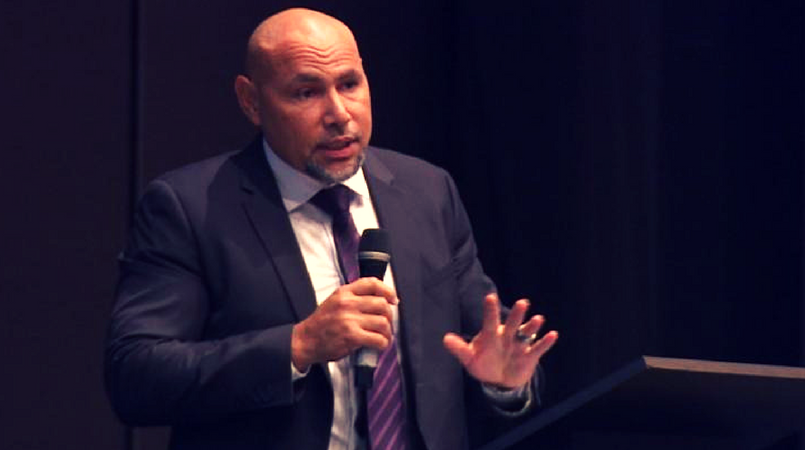
The tariffs imposed in the 2018 National Budget are not revenue driving measures but to promote PNG’s local industries.
Responding to the Opposition’s media statement early this week, Deputy Prime Minister and Treasurer, Charles Abel, says he believes the tariffs introduced will not have a huge impact on prices, while the long term goal is boost the local industry.
In statement released on Monday, the Shadow Treasury and Finance Minister, Ian Ling-Stuckey, said PNG families will be facing much higher prices in 2018 because of poor Government policies.
Ling-Stuckey said prices of food items such as milk, eggs, and fish products would increase, along with fuel and household items.
Abel responded saying the measure is all about building a resilient and sustainable broader based economy.
“I’m encouraging people to buy local; our poultry famers for the eggs and the poultry that is provided through some of our companies such as in Lae, and to support the production of cattle.
“You’ll notice that the Government has funding in this year’s budget for a cattle breeding station. The production of pork. The local canning industry. And then of course all the derivative that we can derive from cocoa which is chocolate, copra, palm oil,” said Abel.
Abel said the measure accompanies the Government’s investment in key infrastructure.
“But it goes hand in hand with all the other things.
“As I said getting the cost of power down, driving in the submarine cable that’s coming down from Australia through to the cost of communication down, all our sub-national programs to get roads in place, health centres and schools, but just getting that additional emphasis to economic development. Driving growth through agriculture, tourism and SME.”
Able said with these enablers in place, the country is setting the foundations for a broader and stronger economy.
“We are trying to use some of the means available to government to support the local industry,” he stated.
“And I keep coming back to that point. We must supply our own power, we must grow our own food, and other services that we can develop and grow in Papua New Guinea.
“We are a creative people with all these resources. We mustn’t be lazy and say, ‘send all the logs out, send all the fish, send even our copra and palm oil out’.
“And then we import soap and import processed oil and import processed fuel. We need to get serious about driving local economy. That is where jobs are formed, that is where taxes are generated. And that is where the Government revenue goes up and we can turn around and continue to invest.”
